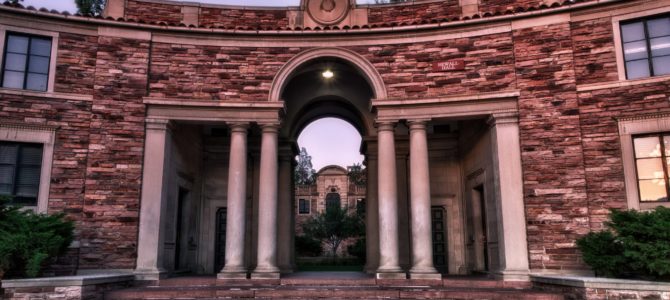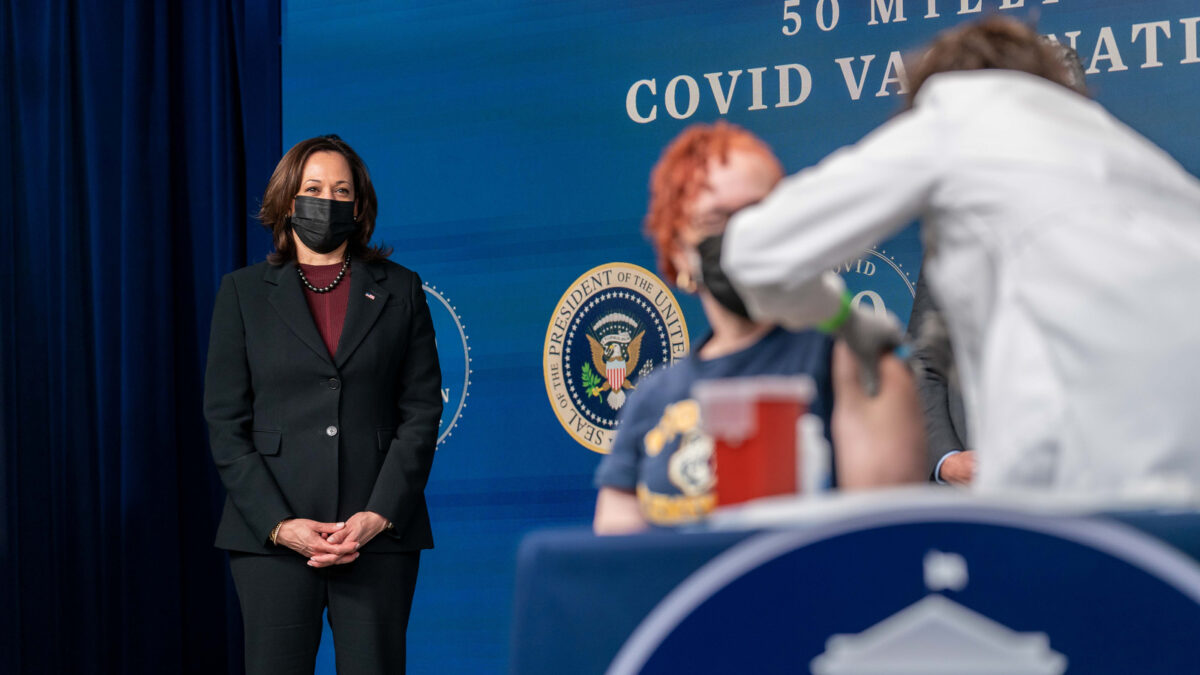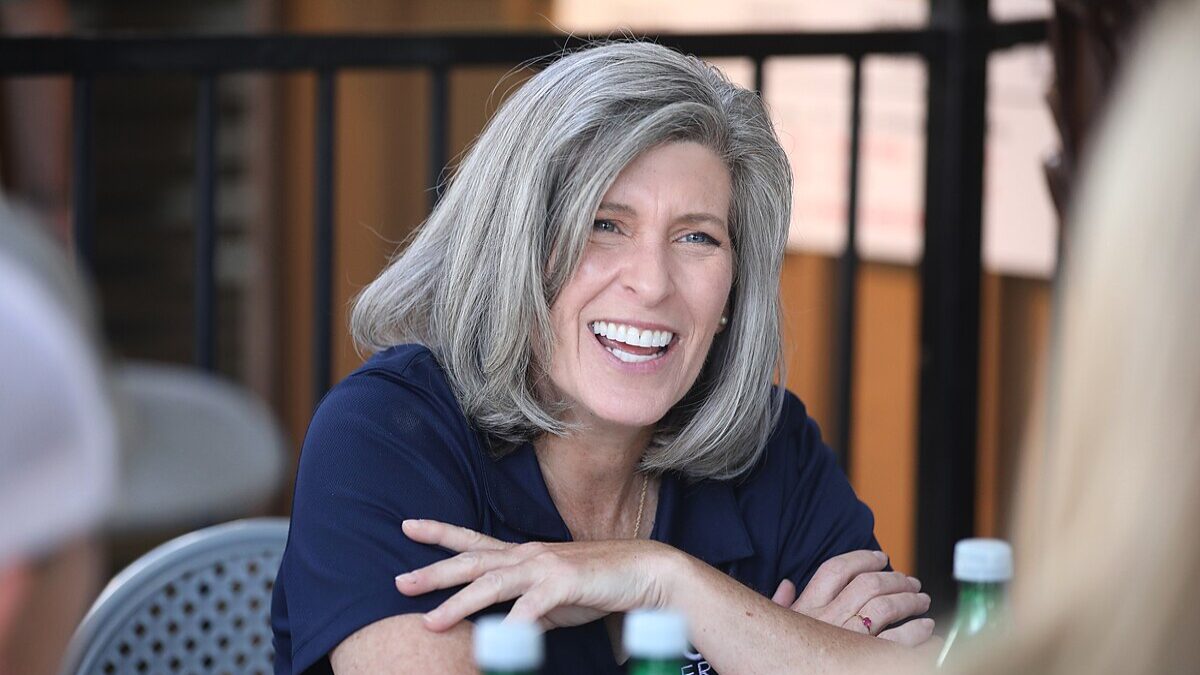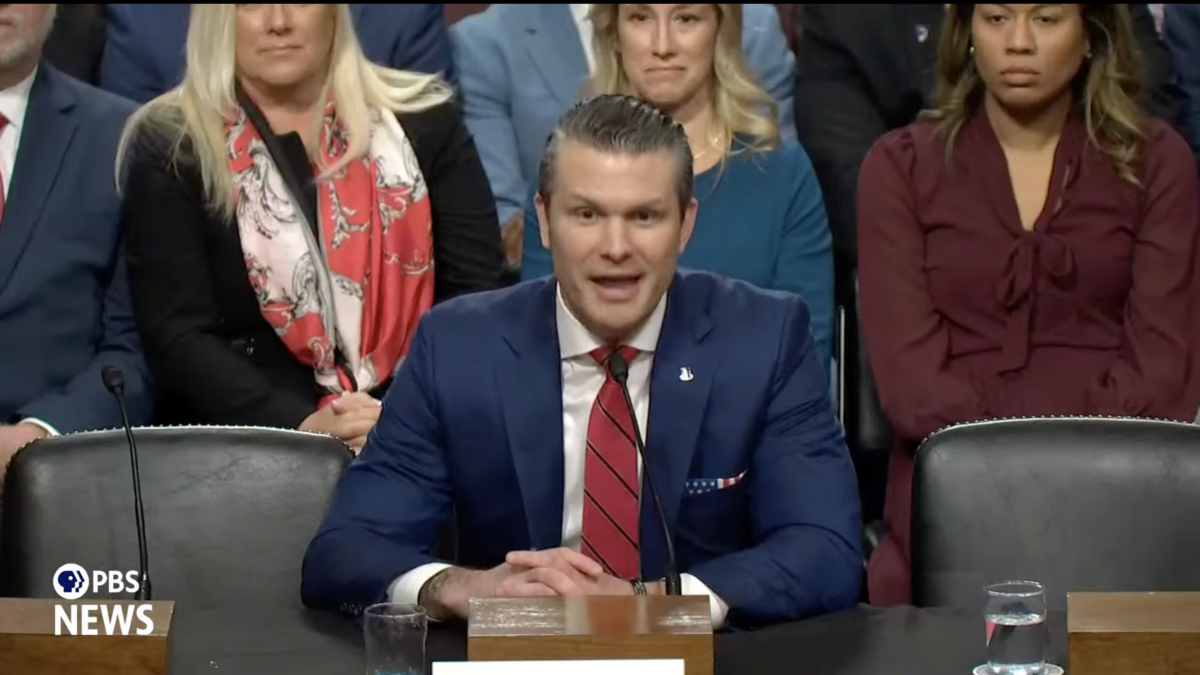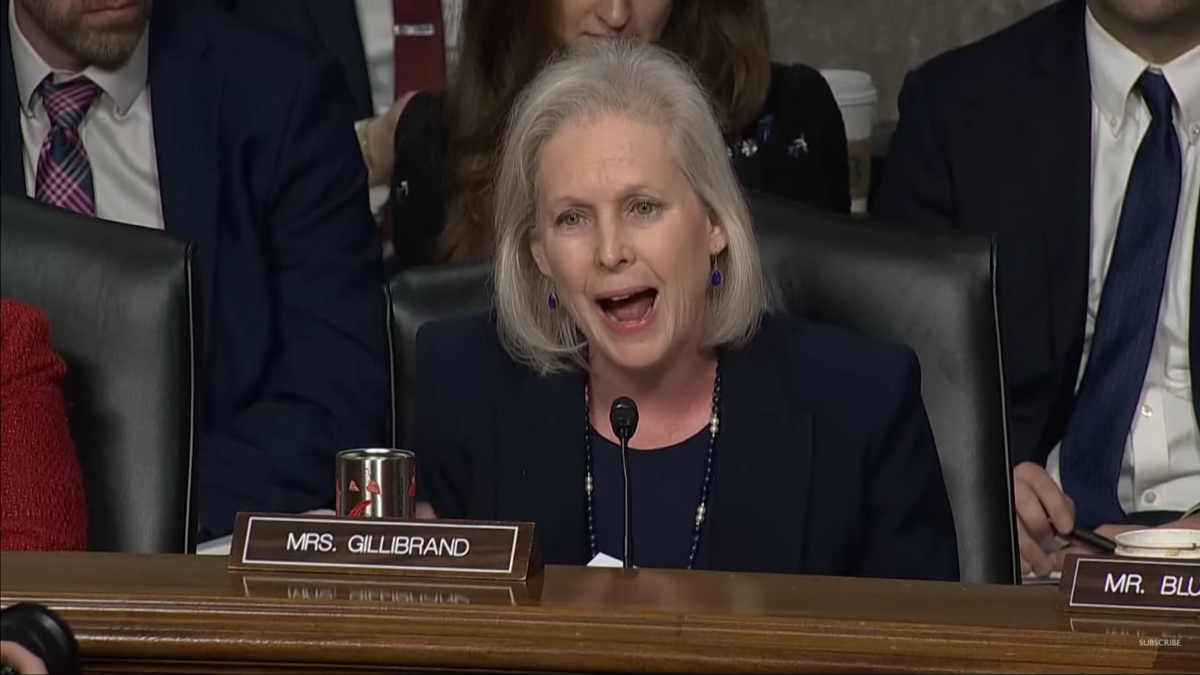DENVER — Sixteen students and faculty joined an ongoing lawsuit last week in partnership with the Thomas More Society alleging religious discrimination by the University of Colorado in the school’s vaccine mandate.
The plaintiffs, now totaling 18 after a Nov. 2 filing to expand the case, are suing the University of Colorado in federal court after being effectively denied religious exemptions to mandatory vaccination against COVID-19. The original lawsuit was filed on Sept. 29.
“This is a simple issue,” said Thomas More Society Senior Counsel Peter Breen in a press release. “The university has clearly violated the rights of its employees and students by agreeing to accommodations for those with health-based objections to the COVID vaccine but reusing to accommodate those with religious exemptions.”
The lawsuit includes 13 faculty plaintiffs ranging from physicians, educators, and administrators with five students suing the University of Colorado Board of Regents, the university president, and chancellor of the university’s Anschutz School of Medicine. The new complaint raises objections from a Catholic doctor and Buddhist student who have declined the vaccine.
The lawsuit was filed days after a 27-year-old nursing student was un-enrolled from the university’s nursing program after administrators reneged on their offer of a religious exemption.
When Caroline Pinto, who is not identified as a plaintiff in the lawsuit against the school, returned for her second semester at the Anschutz Medical Campus, she quickly became a second-class citizen on campus. She was forced to follow a strict regimen of questionnaires and weekly testing. Pinto’s religious exemption remained contingent on her compliance, which also included social distancing at all times both indoors and outdoors while wearing a mask. The only exception was when she was outside more than 10 feet from others.
“I heard I was in compliance,” Pinto told The Federalist in a September interview after she checked for reassurance with the school.
Just days into the semester, however, the school escalated its demands for students to remain enrolled without vaccination. After Pinto submitted a more than 800-word essay on her religious objections within the three-day timeline given by the school, the university un-enrolled her anyway.
“Our vaccination policy is critical to provide a safe and healthy place for our students to learn, our patients to receive care, and our faculty and staff to work,” the university wrote to The Federalist in a statement. “Each year, our faculty members provide care for more than 2 million patients and our mandatory vaccination requirement offers the best way to protect the patients in their care. We have adopted this policy in recognition of our responsibility to provide public health leadership in our state and beyond.”
